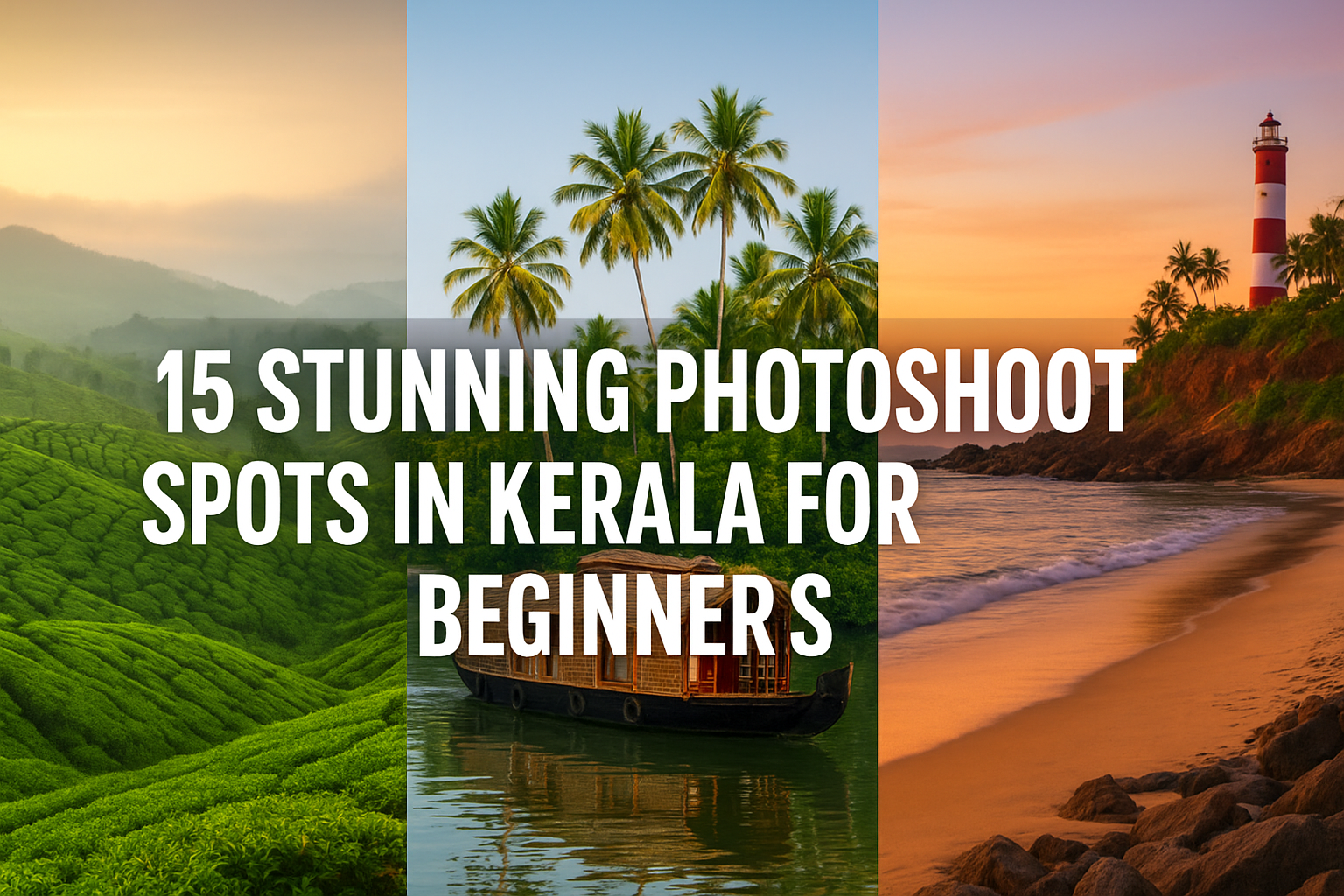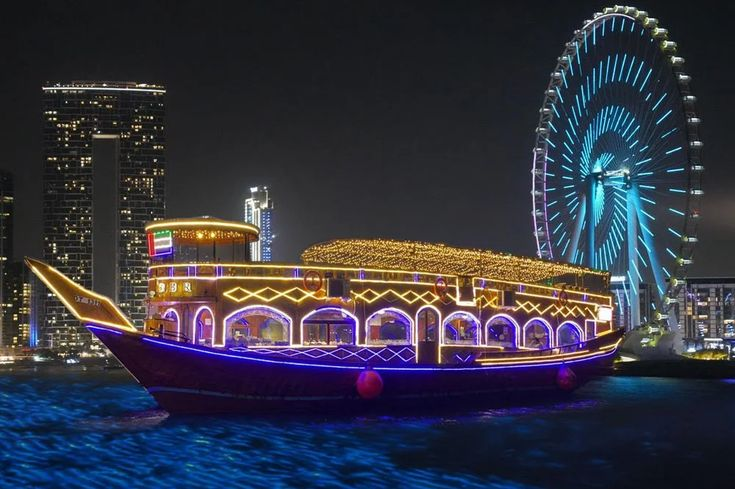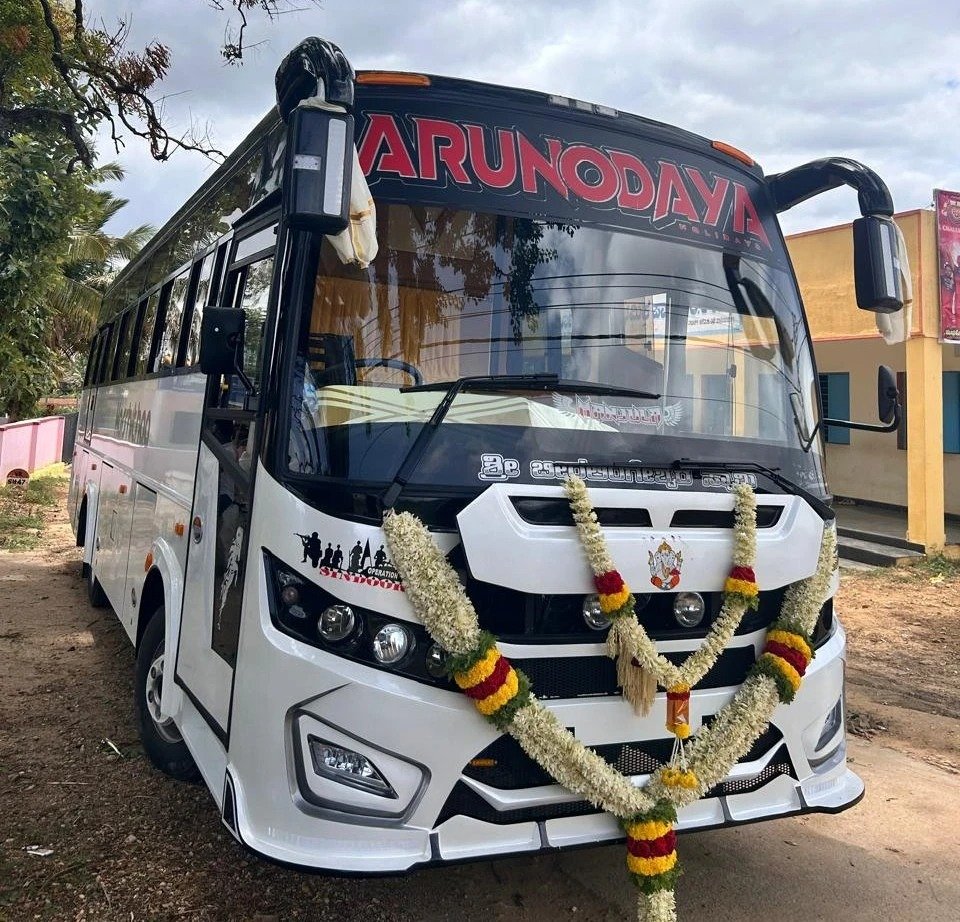Introduction
Kerala, with its picturesque landscapes and vibrant culture, is a top destination for travelers seeking both adventure and relaxation. However, ensuring your health and safety during your visit is crucial for a smooth and enjoyable experience. From avoiding common illnesses to understanding local health practices, being prepared can significantly enhance your trip. In this guide, we’ll cover the essential health safety guidelines every visitor to Kerala should follow to stay healthy and make the most of their journey.
1. Get Vaccinated Before You Travel
Before heading to Kerala, it’s important to make sure your vaccinations are up-to-date. Key vaccines to consider include:
- Hepatitis A and B: These vaccines protect against viruses that can be transmitted through contaminated food and water.
- Typhoid: Essential for travelers visiting rural areas or consuming street food.
- Tetanus: Ensure you are current with your tetanus booster.
Consult with a healthcare provider well before your trip to ensure you have adequate protection and can address any additional health concerns specific to your travel itinerary.
2. Drink Safe Water and Avoid Street Food
Waterborne diseases are a common concern in many parts of India, including Kerala. To avoid illness:
- Drink bottled or filtered water: Avoid tap water and ice made from it. Always choose sealed bottled water from reputable brands.
- Be cautious with street food: While it’s tempting to try local delicacies, street food can sometimes be a source of foodborne illnesses. Opt for freshly prepared, cooked foods and avoid raw or undercooked items.
Following these practices will help you steer clear of gastrointestinal issues and ensure a more comfortable visit.
3. Use Mosquito Protection
Kerala’s tropical climate is ideal for mosquitoes, which can carry diseases like dengue fever and malaria. To protect yourself:
- Use insect repellent: Apply a DEET-based repellent on exposed skin and clothing.
- Wear appropriate clothing: Long-sleeved shirts and long pants can help reduce mosquito bites, especially during dawn and dusk.
- Stay in accommodations with mosquito nets: This can be particularly important if staying in rural or less developed areas.
Taking these precautions can help you avoid mosquito-borne diseases and enjoy your trip without concern.
4. Practice Good Hygiene
Maintaining good hygiene is crucial in avoiding illness. Here’s what you should do:
- Wash hands frequently: Use soap and water, especially before eating or after using public facilities.
- Use hand sanitizer: In places where washing isn’t feasible, carry hand sanitizer with at least 60% alcohol.
- Avoid touching your face: This helps prevent the spread of germs and reduces the risk of respiratory infections.
Good hygiene practices will keep you healthier and more comfortable throughout your visit.
5. Know Local Health Facilities
Familiarize yourself with local healthcare facilities in case you need medical attention:
- Major hospitals: In cities like Kochi, Thiruvananthapuram, and Kozhikode, reputable hospitals are well-equipped to handle various health issues.
- Pharmacies: Locate nearby pharmacies for essential medications and minor health concerns.
Having this information on hand ensures you can quickly access medical services if needed and reduces stress during your trip.
6. Be Aware of Local Health Risks
Understanding and preparing for local health risks is important. Some common health issues in Kerala include:
- Monsoon-related illnesses: Flooding and stagnant water can lead to diseases like leptospirosis. Avoid wading through floodwater and seek medical advice if you experience symptoms.
- Heat-related illnesses: Kerala’s climate can be hot and humid. Stay hydrated, use sunscreen, and avoid prolonged exposure to the sun.
Being aware of these risks and taking preventive measures will help you stay healthy during your visit.
7. Carry a Basic First-Aid Kit
Having a well-stocked first-aid kit can be invaluable. Include items such as:
- Medications: Pain relievers, anti-diarrheal tablets, and antihistamines.
- First-aid supplies: Bandages, antiseptic wipes, and a thermometer.
- Personal medications: Any prescription drugs you need, along with copies of your prescriptions.
A first-aid kit ensures that you’re prepared for minor health issues and can provide immediate relief if needed.
Conclusion
Traveling to Kerala can be an incredible experience, filled with diverse landscapes and rich cultural encounters. By following these health safety guidelines—getting vaccinated, drinking safe water, using mosquito protection, practicing good hygiene, knowing local health facilities, being aware of local risks, and carrying a basic first-aid kit—you can ensure a safer and more enjoyable trip. Proper preparation not only protects your health but also allows you to focus on the beauty and adventure that Kerala has to offer.



